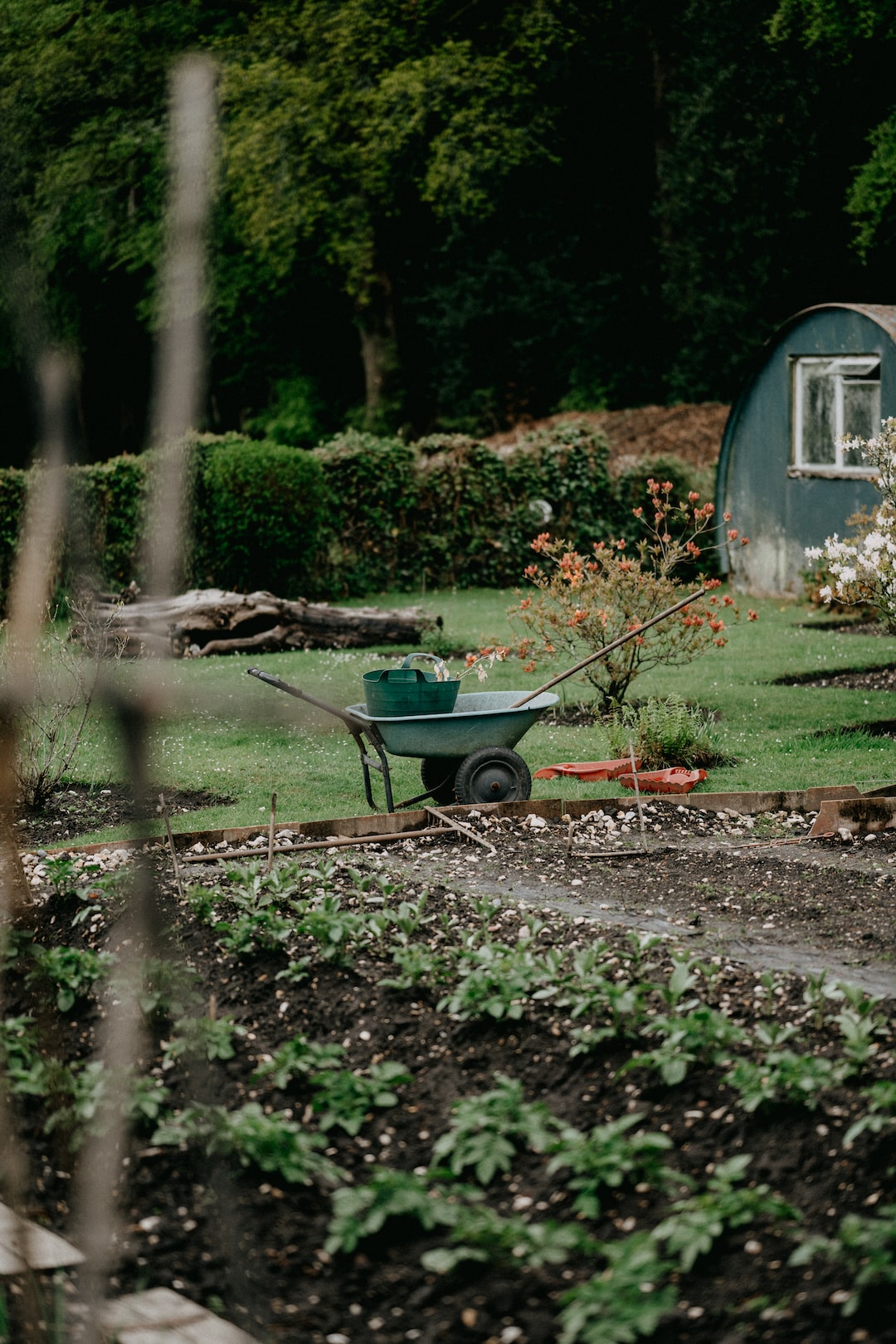The Benefits of Raised Bed Gardening
For centuries, people have been enjoying the bounties of gardening, whether it’s growing fruits, vegetables, or beautiful flowers. However, traditional methods of gardening can sometimes be challenging, especially if you have poor soil or limited space. Thankfully, raised bed gardening offers a solution to these problems and more. In this blog post, we will explore the numerous benefits of raised bed gardening and why it might be the perfect gardening method for you.
First and foremost, raised bed gardening offers improved soil quality. Unlike traditional gardening, which relies solely on the existing soil, raised bed gardening allows you to fill your beds with the exact type of soil your plants need. This is a game-changer for those with poor soil quality or heavy clay, which can be challenging to work with. By filling your beds with high-quality soil, you provide your plants with the perfect growing environment, leading to healthier and more productive plants.
Another benefit of raised bed gardening is the ability to control moisture levels effectively. Raised beds drain better than traditional garden beds, preventing water from pooling around the roots and causing root rot. Additionally, if you live in an area with heavy precipitation or frequent rainfall, raised beds can help prevent waterlogging. Conversely, raised beds also hold moisture better than regular beds during dry spells or hot summers, reducing the need for frequent watering. This efficient moisture management can save you time and effort while promoting the overall health of your plants.
One of the most significant advantages of raised bed gardening is the reduced weed growth. Because raised beds are elevated from the ground, they offer a physical barrier that prevents weed seeds from making direct contact with the soil. As a result, weed growth is significantly reduced, and you spend less time pulling weeds. Additionally, the defined borders of raised beds make it easier to spot and remove any stray weeds that manage to find their way into your garden.
Furthermore, raised bed gardening allows for optimal space utilization. If you have limited gardening space, raised beds enable you to grow more in less area. With the ability to control how many beds you have and their sizes, you can maximize every inch of your available space. This is especially beneficial in urban environments or areas with limited outdoor space. Raised beds can even be built on rooftops or balconies, bringing the joys of gardening to everyone, regardless of their living situation.
As raised beds are elevated off the ground, one big advantage is the reduced strain on your back and knees. Bending and kneeling can be strenuous, especially for older gardeners or those with physical limitations. Raised beds eliminate the need for constant bending, making gardening more accessible and enjoyable for everyone. With the beds at a comfortable height, you can tend to your beloved plants without aching joints and strained muscles.
Additionally, raised beds offer better pest control. The height of the beds acts as a deterrent to many pests, especially those that crawl on the ground. While this doesn’t completely eliminate the possibility of pests, it certainly reduces the risk. You can also take advantage of this raised position to install additional protective measures, such as netting or fencing, to keep animals and critters out of your garden beds. This helps protect your crops and ensures that you reap the rewards of your hard work.
Another benefit of raised bed gardening is its aesthetic appeal. Raised beds add structure and order to your garden, creating a visually appealing landscape. The defined borders of the beds can be made from various materials such as wood, stone, or even recycled materials, allowing you to match your garden’s style and theme. This organized layout is not only aesthetically pleasing but also provides a sense of accomplishment and pride.
Lastly, raised bed gardening is perfect for experimental or specialized gardening. You can create separate raised beds for different types of plants, each with its unique soil mix and conditions. This allows you to experiment with various plants, growing conditions, and techniques without affecting the entire garden. Furthermore, if you want to grow plants that require specific conditions, like acidic soil for blueberries, raised beds make it simpler to cater to those needs.
In conclusion, raised bed gardening offers numerous benefits that make it an attractive option for gardeners of all skill levels. From improved soil quality and efficient moisture management to reduced weed growth and enhanced pest control, raised beds make gardening more accessible, productive, and enjoyable. Whether you have poor soil, limited space, or physical limitations, raised bed gardening offers a solution that allows you to create a thriving garden. So why not give raised bed gardening a try and experience its incredible benefits firsthand?
